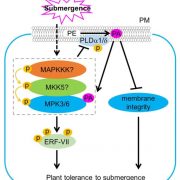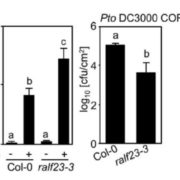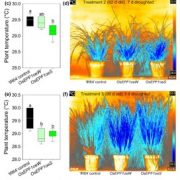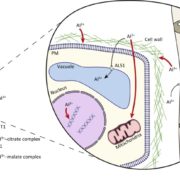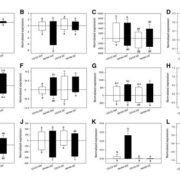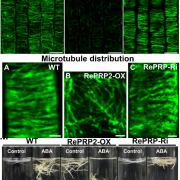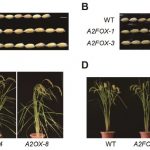How does fire affect germination of grasses in the Cerrado? ($) (Seed Sci. Research)
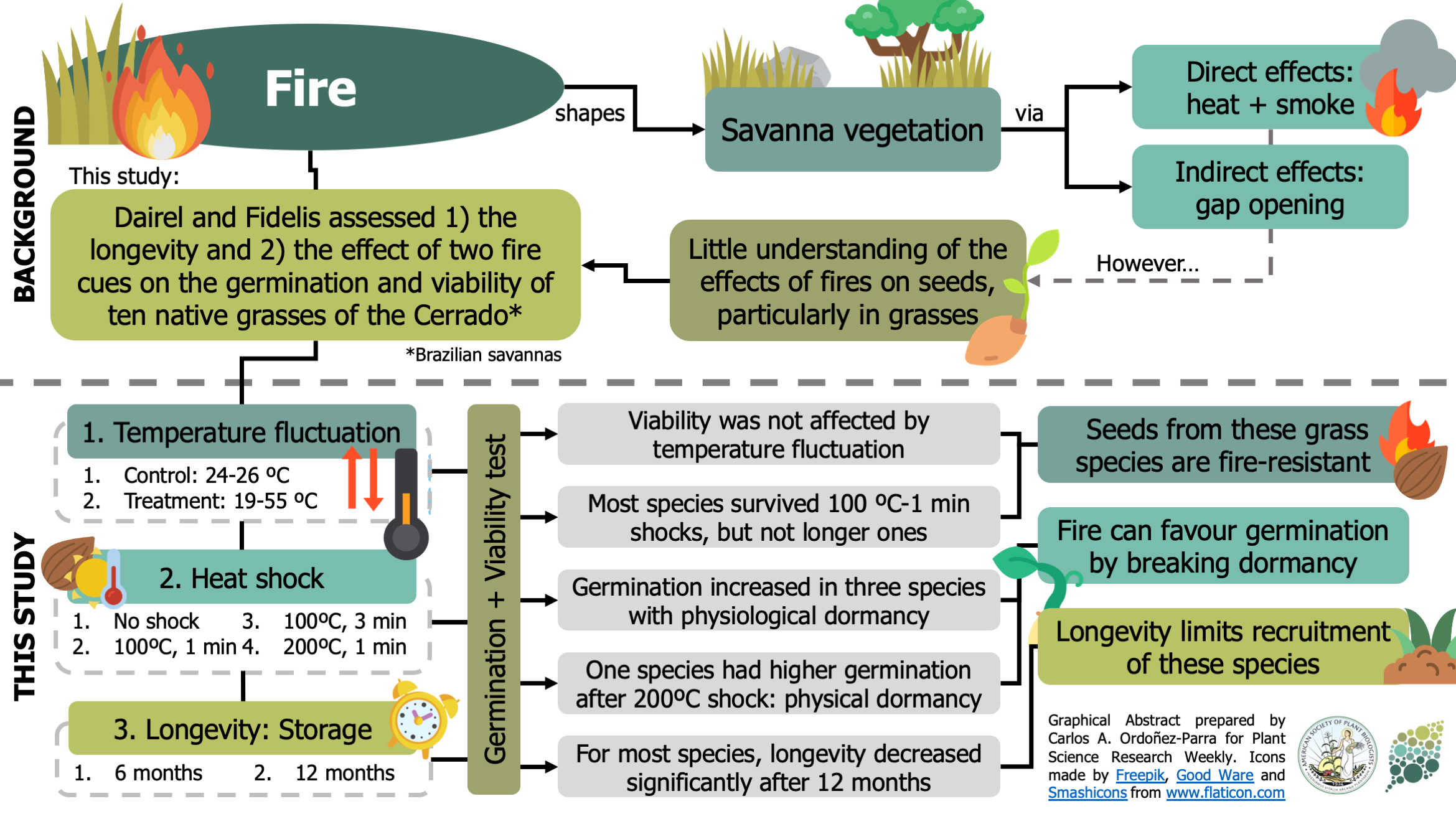 Fire shapes tropical savannas through direct (i.e., heat and smoke) and indirect (i.e., opening gaps) effects on the vegetation. However, its effects on seeds from neotropical grasses have seldom been addressed. In this paper, Dariel and Fidelis assessed the longevity and the impact of fluctuating temperatures –a consequence of gap-opening– and heat shocks on the germination and viability of ten native grass species from Brazilian savannas. The authors found that fluctuating temperatures did not affect seed viability in any species. Instead, it favored the germination of the three species with physiological dormancy. They also show that most species were able to survive heat shocks of one minute in 100ºC, but no higher temperatures or longer exposures. Surprisingly, they found two species whose germination and viability remained unaffected by heat shocks and one whose germination even peaked after exposure to 200ºC for 1 minute. With these results, the authors show that the seeds of these native grasses are resistant to fire and can even be favored by it. However, they found that most seeds had short longevity, suggesting this could be the limiting factor for the recruitment of this species. (Summary by Carlos A. Ordóñez-Parra @caordonezparra) Seed Sci. Res. 10.1017/S0960258520000094
Fire shapes tropical savannas through direct (i.e., heat and smoke) and indirect (i.e., opening gaps) effects on the vegetation. However, its effects on seeds from neotropical grasses have seldom been addressed. In this paper, Dariel and Fidelis assessed the longevity and the impact of fluctuating temperatures –a consequence of gap-opening– and heat shocks on the germination and viability of ten native grass species from Brazilian savannas. The authors found that fluctuating temperatures did not affect seed viability in any species. Instead, it favored the germination of the three species with physiological dormancy. They also show that most species were able to survive heat shocks of one minute in 100ºC, but no higher temperatures or longer exposures. Surprisingly, they found two species whose germination and viability remained unaffected by heat shocks and one whose germination even peaked after exposure to 200ºC for 1 minute. With these results, the authors show that the seeds of these native grasses are resistant to fire and can even be favored by it. However, they found that most seeds had short longevity, suggesting this could be the limiting factor for the recruitment of this species. (Summary by Carlos A. Ordóñez-Parra @caordonezparra) Seed Sci. Res. 10.1017/S0960258520000094
[altmetric doi=”10.1017/S0960258520000094″ details=”right” float=”right”]


